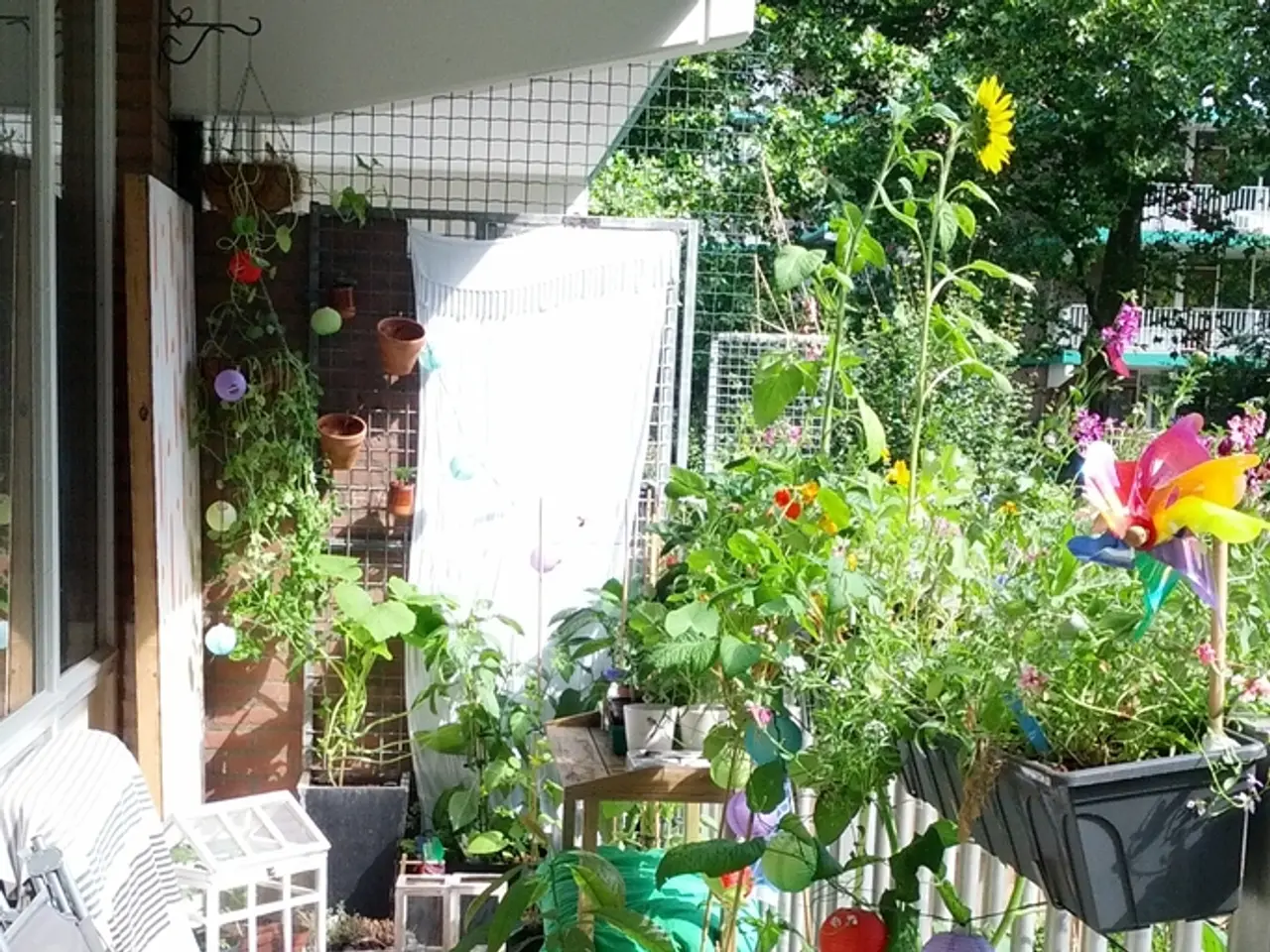1. Top 10 Home Improvements That Decrease Your Property Value
When it comes to enhancing the value of your home, careful consideration is key. Some home improvements, despite seeming appealing, may actually deter potential buyers and decrease the property's worth. Here are ten home improvements that might negatively impact a property's value:
1. Overly Trendy or Unique Decorations: Personalized decor, such as bold colours or unusual finishes, can deter buyers who prefer neutral spaces.
2. Low-Quality Kitchen Upgrades: Using cheap materials like peel-and-stick backsplashes or IKEA cabinets can give the impression of a DIY project gone wrong.
3. Swimming Pool Installations: While pools can increase value in some areas, they also increase liability and insurance costs, which might deter buyers.
4. High-Maintenance Landscaping: Elaborate or water-intensive landscaping can be seen as a maintenance burden.
5. Luxury Upgrades Beyond Local Standards: Installing expensive features like marble countertops or high-end appliances in areas where they are uncommon can result in poor ROI.
6. Unpermitted Renovations: Renovations done without proper permits can lead to legal issues and devalue the property.
7. Poorly Done or Oversized Additions: Adding too much space or using materials that don't match the existing structure can look out of place.
8. Solar Panels Not Integrated Aesthetically: While solar panels can be valuable, their installation needs to be visually appealing to avoid deterring buyers.
9. Unnecessary or Obtrusive Features: Installing features like a home theater or extensive built-in sound systems can be seen as unnecessary expenses by some buyers.
10. Overly Personalized Designs: Features such as custom-built bars or overly ornate fixtures may not appeal to all potential buyers, limiting the home's appeal.
Balancing personal taste with potential resale value and local market preferences is crucial when considering home improvements. Properties with extensive landscaping can be challenging to sell due to higher maintenance costs and ongoing upkeep. Knocking down walls to create an open floor plan might not appeal to those who prefer traditional, separate rooms. Adding a sunroom can be a costly investment with limited return on resale.
Remember, a well-planned home improvement strategy can significantly enhance a home's value. Investing in uniform, quality flooring can be a cost-effective way to enhance the aesthetic appeal and value of your home. Consistency in flooring not only enhances the flow and feel of a house but also appeals to a broader range of buyers. Creating versatile rooms that can easily be repurposed can be a more market-friendly approach.
On the other hand, embracing a balance between personal taste and universal appeal in home improvements is crucial to maintaining and enhancing a home's market value. Inconsistent flooring throughout a house can leave a disjointed and unharmonious impression, negatively impacting buyer interest. Specialized rooms, like home theaters or wine cellars, can limit a home's appeal to the average buyer.
Avoiding unlicensed home improvements and over-the-top luxury upgrades, such as high-end gadget installations or gold-plated fixtures, can also help maintain a home's market value. These upgrades can devalue a house if they don't match the neighborhood's style.
In conclusion, careful planning and consideration are essential when making home improvements. By avoiding home improvements that might negatively impact a property's value, homeowners can ensure they are making investments that will increase their home's worth and appeal to a wider range of potential buyers.
- Overlooking the importance of consistency in home improvements, such as installing inconsistent flooring across the house, can lead to a disjointed and unharmonious impression, potentially impacting buyer interest.
- Pursuing a home-and-garden lifestyle, complete with specialized rooms like home theaters or wine cellars, might not be market-friendly, potentially limiting the home's appeal to the average buyer and impacting the property's value.








